2019-2023
TRAINING WOMEN ENTREPRENEURS WITH MALE ALLIES
©Karin Schermbrucker/ Cartier Philanthropy
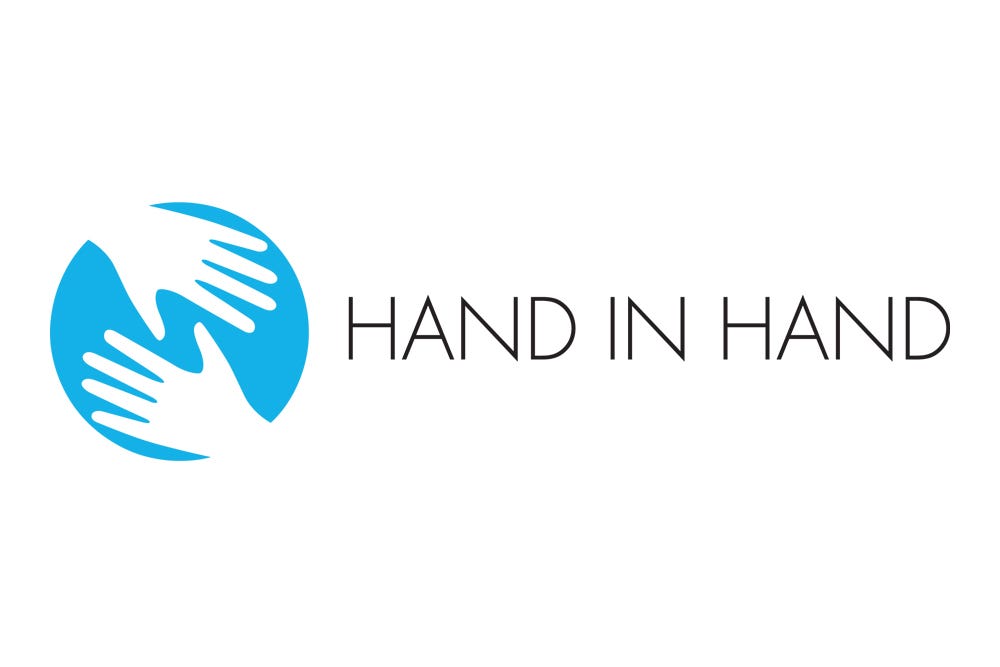
2019-2023
HAND IN HAND INTERNATIONAL
Hand in Hand International supports extremely poor women to succeed as entrepreneurs and help lift families and communities out of poverty. Launched in rural India 19 years ago, the organisation now works in ten countries. We supported Hand in Hand in Tanzania to test male engagement strategies when incorporating them in its women empowerment programme. The field trial is conducted under the supervision of the International Center for Research on Women.
CHALLENGE
©Karin Schermbrucker/ Cartier Philanthropy
ACTION
Hand in Hand International trains women to run their own microbusinesses and become successful entrepreneurs. Its programme involves self-help groups that offer support and business training with modules such as marketing and bookkeeping. It also provides access to credit and links to larger markets.
Between 2019 and 2023, the organisation teamed up with the International Center for Research on Women (ICRW) to conduct a field trial in some of Arusha’s most disadvantaged communities. The field trial incorporated male engagement strategies and gender-specific training in Hand in Hand’s existing programme to understand whether and to what extent the engagement of partners and husbands could foster an environment that supports women who are or aspire to become micro-entrepreneurs.
Three hundred rural women from the town of Mlangarini were trained using Hand in Hand’s enterprise development curriculum, enhanced with an additional set of gender-transformative modules designed by ICRW. The women’s partners and husbands were also trained using a newly developed men’s curriculum. In addition, couples participated in complementary couples’ sessions.
The trial also involved a “control group” in Nduruma, a small town in north-east Tanzania, where only the women received Hand in Hand’s gender equality and business skills training and the men did not.
Over the course of the project 631 women were given training and support to launch their own businesses, as well as gender equality training specifically designed for this intervention. Of these, the partners and husbands of 317 women were enrolled in men-only gender workshops designed to challenge deep-rooted ideas about what women and men can and can’t do, as well as couples’ sessions where husbands and wives explored issues together. The wider community was engaged via community events to improve their understanding of gender equality. In addition to training, the project provided market linkage support and facilitated access to financial services, supporting participants to grow and enhance their enterprises.
Through a comparison between treatment and control groups, the project tested the impact of male engagement in improving women’s outcomes.
Data collected from the experience in Tanzania suggest that male engagement has been critical to start shifting attitudes by, for instance, encouraging more equitable sharing of domestic tasks and decision-making. The amount of money women participants were able to save also increased by 49%. In comparison, the savings of women whose partners were not involved in the programme decreased by 43%. On the other hand, however, male engagement didn’t have a statistically significant impact on women’s opportunities to work outside the home or on their average earnings. ICRW’s researchers explain this by pointing out that transformations in attitudes are normally the “first step in the right direction” and that meaningful changes in behaviour require sustained efforts over many years, if not decades.
The trial brief can be found here.
SAVING INCREASE
for women when their male partners were engaged
MONTHLY INCOME INCREASE
observed on the second cohort of couples
HOUR A DAY
spent on domestic labour by men engaged in the training with their women partners
OF MALE PARTNERS
reporting positive attitudes towards gender equality (compared to 36% before the field trial)

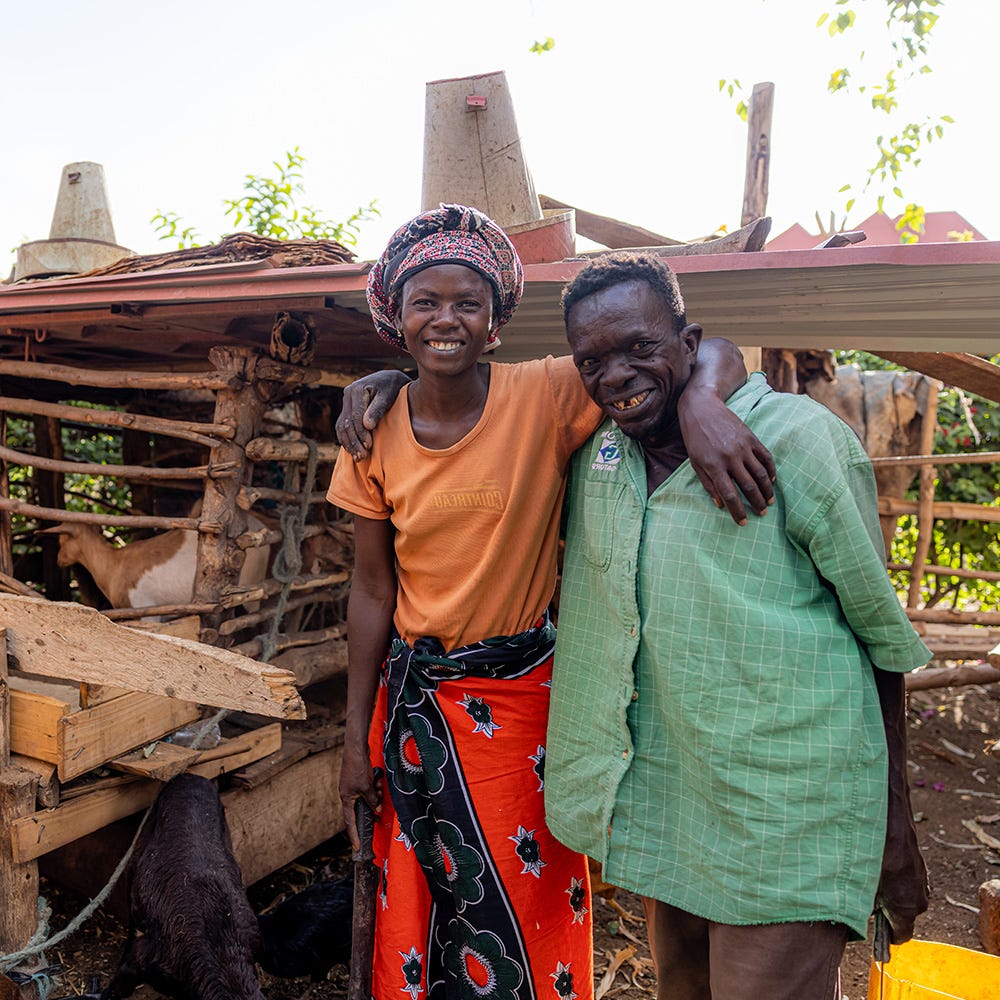
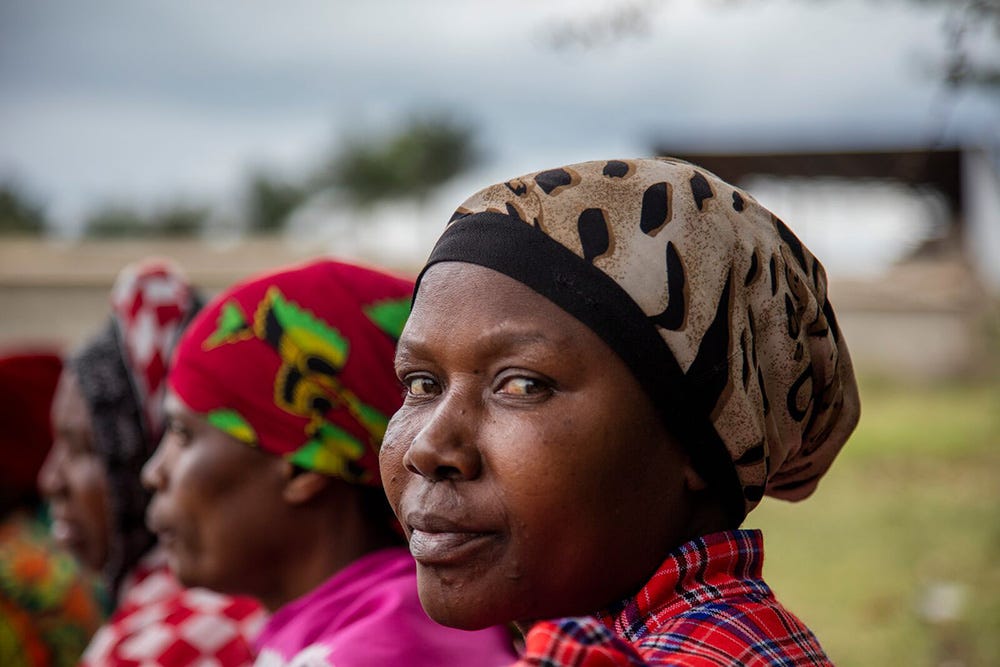
.jpg?&width=1200&quality=80&auto=webp)
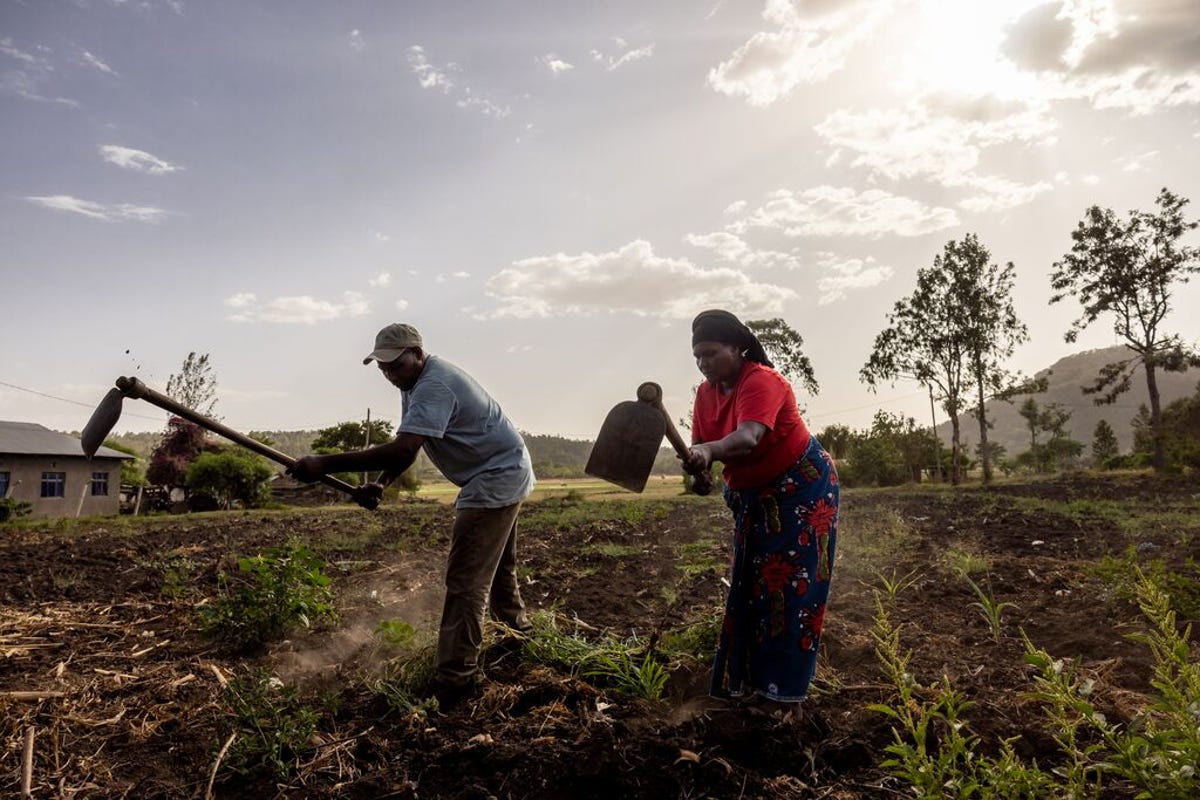
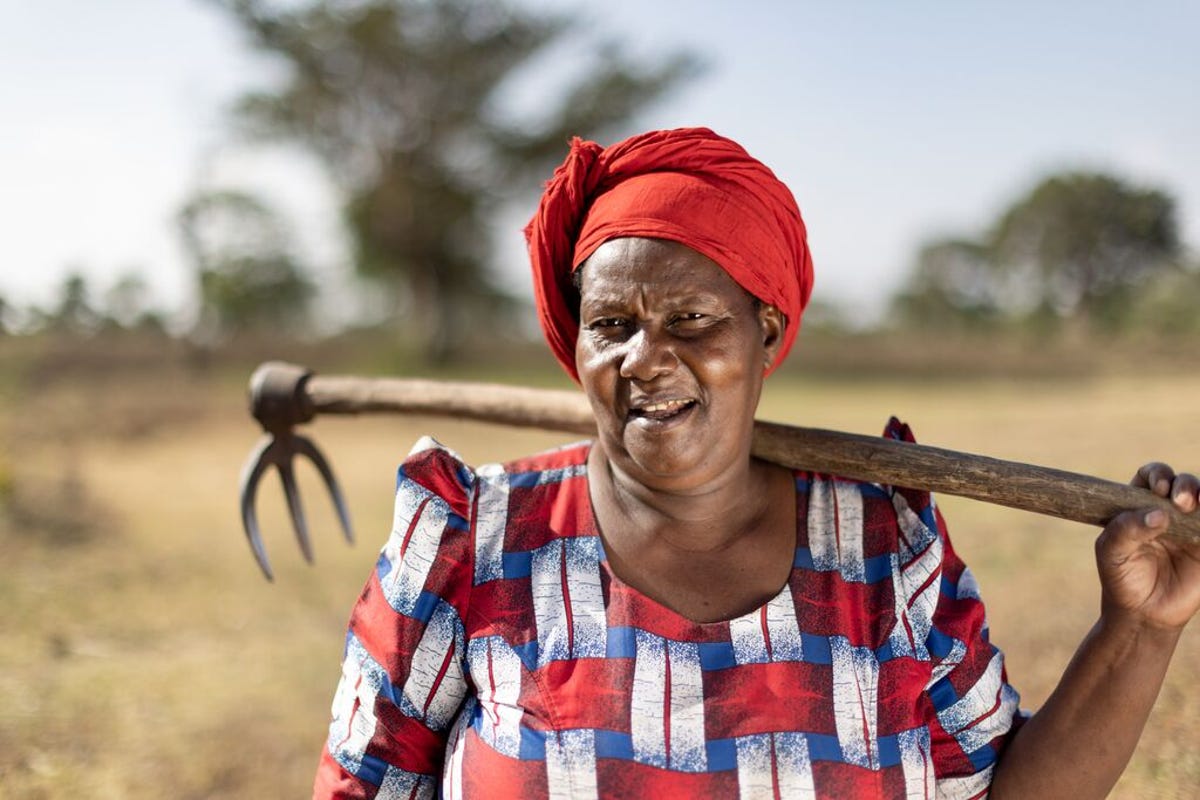
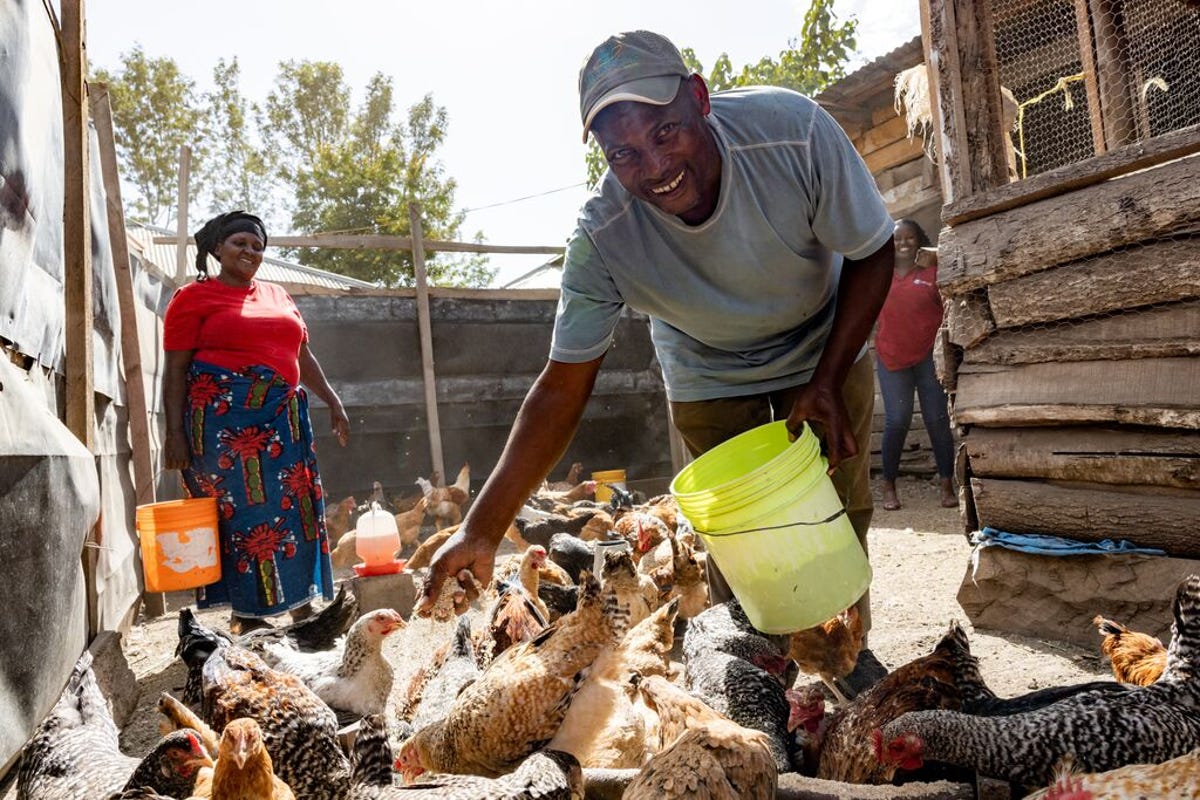
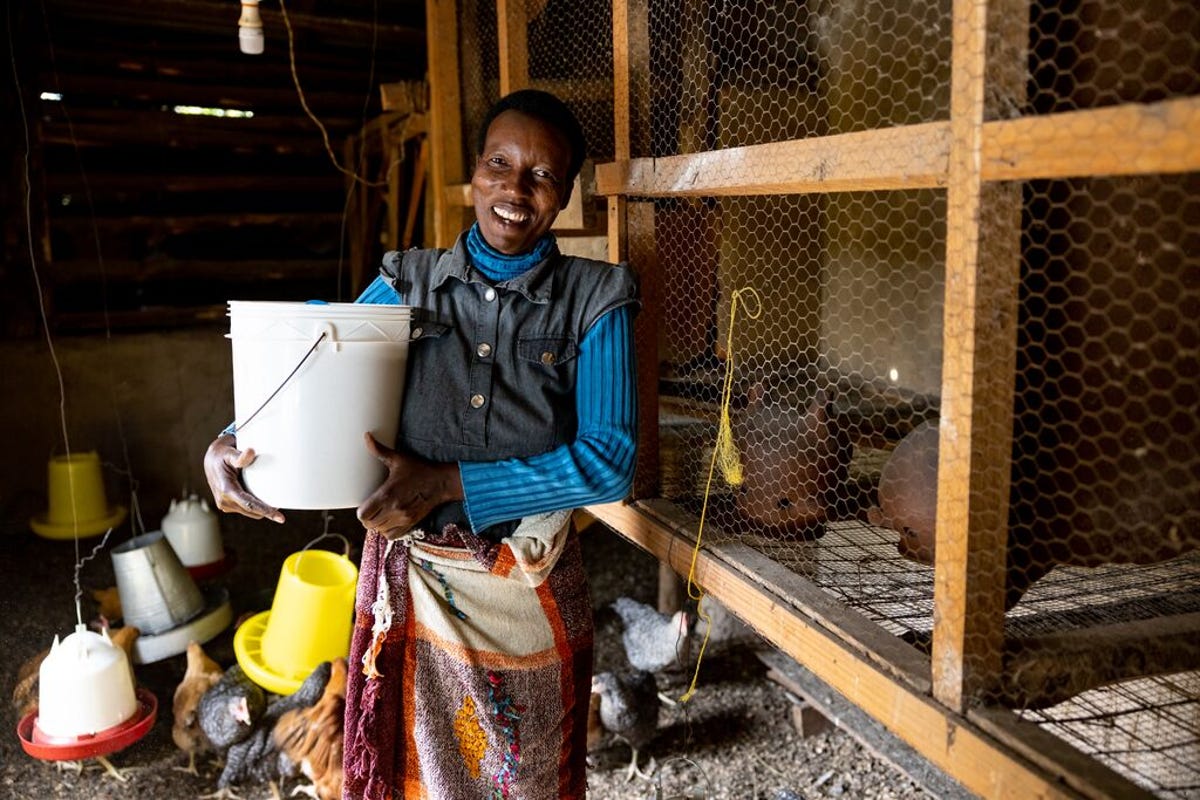
.jpg?&width=1200&quality=80&auto=webp)